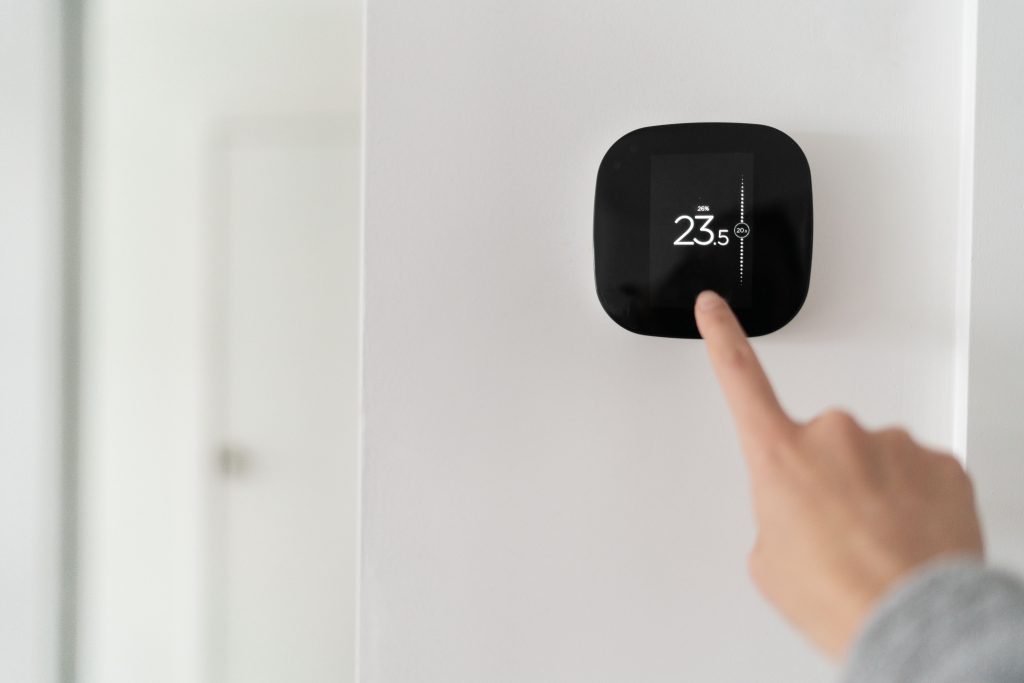The homes of the future: smart homes aren’t just an extravagance
When you hear the term ‘smart home’, what springs to mind? Perhaps TVs which turn on specifically for your favourite shows, or thermostats that remember which humidity level you prefer in the kitchen at 6pm on a Tuesday? Yes, smart homes are incredible technological advancements with a lot of cool features, but they are also capable of changing lives.
For people with disabilities, smart homes can make a real difference to everyday life.
The potential practical uses of smart homes can sometimes get lost in all the fancy technology and gimmicks. But thanks to the connected infrastructure which is provided by the Internet of Things (IoT), a growing number of effective smart home solutions for people with disabilities are coming to the market.
Offering more independence
Among the most useful products to have emerged are those based on voice activation. These allow people with physical impairments to control aspects of their homes without lifting a finger – literally. Then there are smart locks, which mean only those provided with special access – from friends and family to carers – can enter properties. Users can view who is at their door thanks to camera footage that can be viewed on a smartphone.
If it plugs in, you can control it. That is the reality now thanks to smart plugs, which allow people with disabilities to control all the appliances they have plugged in simply by using their smartphone. It could be a TV, kettle, or reading lamp – the concept is the same. This can provide a solution to the problem of wall sockets placed in low areas of the wall, which are notoriously hard to reach.
Then there are smart curtains and blinds, which address another inconvenience which can be common for those with disabilities. Again, all it takes is a phone app and curtains or blinds can be open, shut and adjusted, as well as scheduled to open or close at given times.
In terms of communication, there are now video conferencing systems that can be incorporated into the smart home set up which make talking to friends, family or carers far easier than on standard apps such as FaceTime.
It all adds up to more autonomy for many people with disabilities, allowing them to do more things themselves, and rely on the help of others less. In some cases, smart homes could represent a way for those with disabilities to remain in their own home and live independently, rather than needing to stay in a property with assisted living. This can mean that their overheads are actually reduced in the long run, making smart homes a potential money saver for those with disabilities, as well as having a big impact on their day to day life.
The major players
Central to these kinds of innovations are the leading products from some of the major names in the voice activation space. These include Alexa from Amazon and Siri from Apple – typically they are paired with the switch control system in a smart home, allowing user friendly navigation through the screen of a tablet or smartphone.
Ideal for emergencies
Smart homes have offered the potential for a new wave of alarm systems, which can benefit people with disabilities. These include everything from fall sensors to telemonitoring and emergency call systems. It goes towards providing reassurance that help will be at hand when the unexpected happens.

Practicality as a norm
From adjusting the heating to closing blinds and controlling the lighting level – smart homes to the disabled user can be the opposite of fancy technology which is ‘nice to have’. It is the epitome of practical technology with a valued daily use. In this context, smart homes are not there ‘just for show’ but are providing a way of improving quality of life on a daily basis.
Making smart homes affordable
As a relatively new technology, the price point of turning a ‘home’ into a ‘smart home’ can still be out of reach for some. However, as more of the brands which manufacture smart home technology allow their products to ‘speak to each other’ thanks to IoT, costs look set to come down in the mid to long term. These brands may realise that the more they make their technology compatible with related products, the more chance the market has to grow.
We have you covered
At Fish, we provide different types of insurance packages designed for those with disabilities and pre-existing medical conditions, including Home Insurance for standard and adapted homes. For more information, call us today on 0333 331 3770 or check out the rest of our website.


